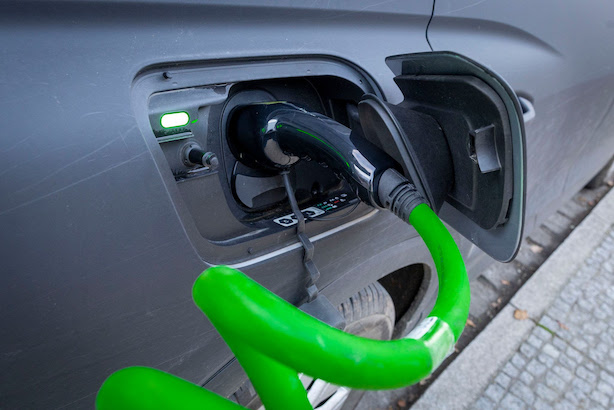By Christian Ebner and Andrej Sokolow, dpa
BERLIN – The recent decision by US-based car rental giant Hertz to scale back its electric car fleet might be indicative of a broader trend, according to an automotive industry expert.
Ferdinand Dudenhöffer, from the Germany-based Centre Automotive Research, suggests that this move signals a growing scepticism towards electric vehicles (EVs).
Earlier this week, Hertz announced its intention to sell a third of its electric fleet ahead of schedule, replacing them with combustion engines.
“A wave is building up against electric cars as lessors, leasing companies, dealers and ultimately also used car buyers become unsettled,” he said.
Dudenhöffer noted that used electric vehicles that would be passed along the recycling chain like “hot potatoes” could lead to losses.
The greatest risks, according to Dudenhöffer, lie with manufacturers who are aggressively pushing their electric models onto the market with substantial discounts, potentially impacting the overall reliability and resale value of these vehicles.
Private buyers, who usually purchase used cars, have to check carefully whether they are buying a car whose performance is extremely uncertain. When in doubt, they would opt for a combustion engine again, he said.
Dudenhöffer attributed a large part of the uncertainty in Germany to bad political decisions made by German Chancellor Olaf Scholz’s government.
Rather than fulfilling a promise to fully subsidize climate-friendly EVs by the end of 2025, state premiums were set to zero last year, negatively affecting residual values at every stage of the process, he said.
Buyers now seem quite hesitant towards choosing electric cars, Dudenhöffer said. “The uncertainty in the market could hardly be any greater,” Dudenhöffer added.
In light of these challenges, buyers are approaching electric cars with caution, Dudenhöffer said.
The market uncertainty is at an all-time high, and announcements of significant price cuts by manufacturers, such as Volkswagen’s ID4 model, are only adding pressure to the already fragile residual values of electric cars.
Hertz said that its decision to sell off some of its EV fleet was based on a need to align supply with demand and indicated that repeated price reductions by Tesla had contributed to the lower resale value of its electric vehicles.
Additionally, concerns were raised about the higher cost of damage repairs for electric cars compared to combustion engines.
Dudenhöffer said the upcoming presidential election in the United States is also seen as a potential factor impacting the future development of electric cars.
“With a President Trump, the electric car is dead in the USA,” he said.


